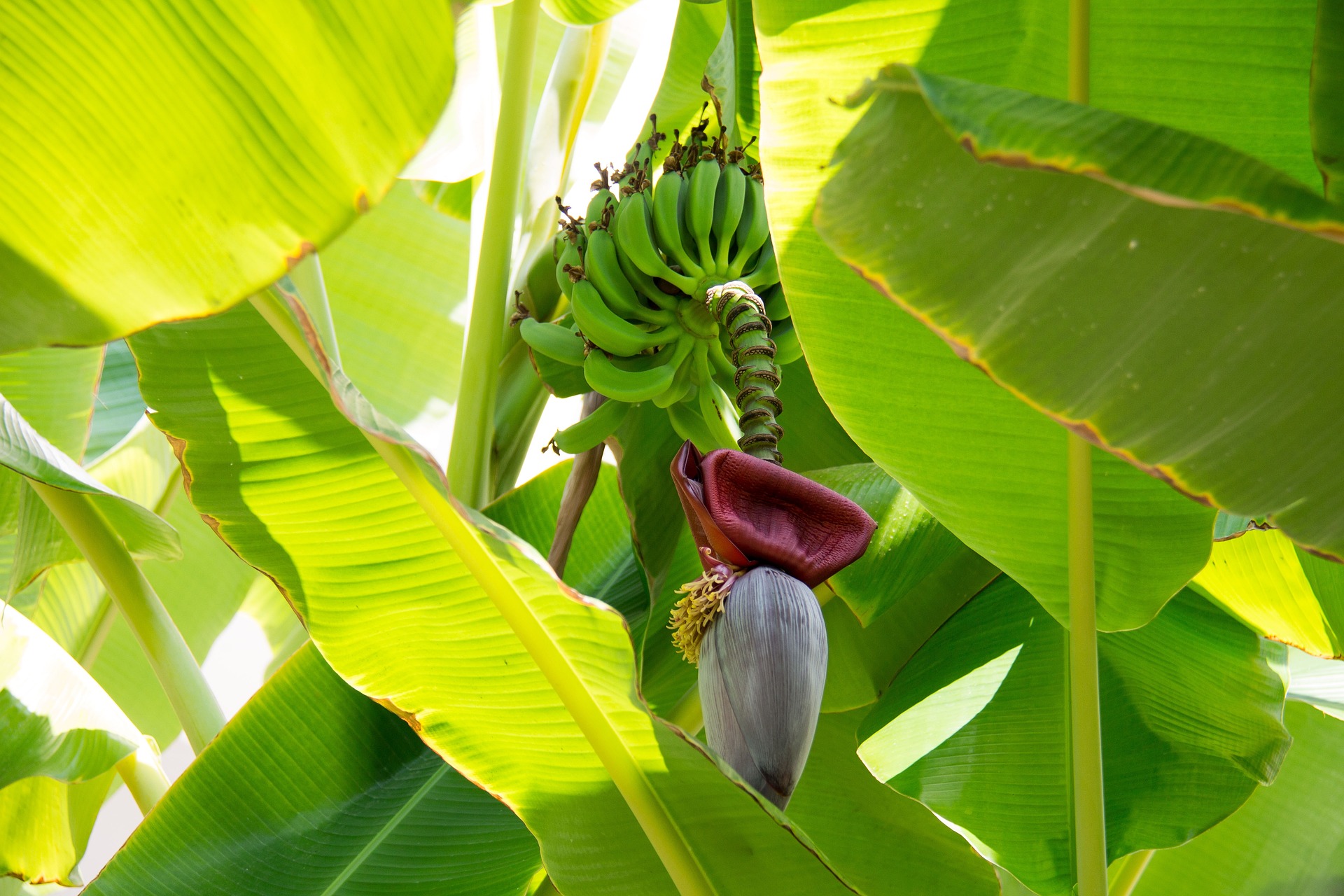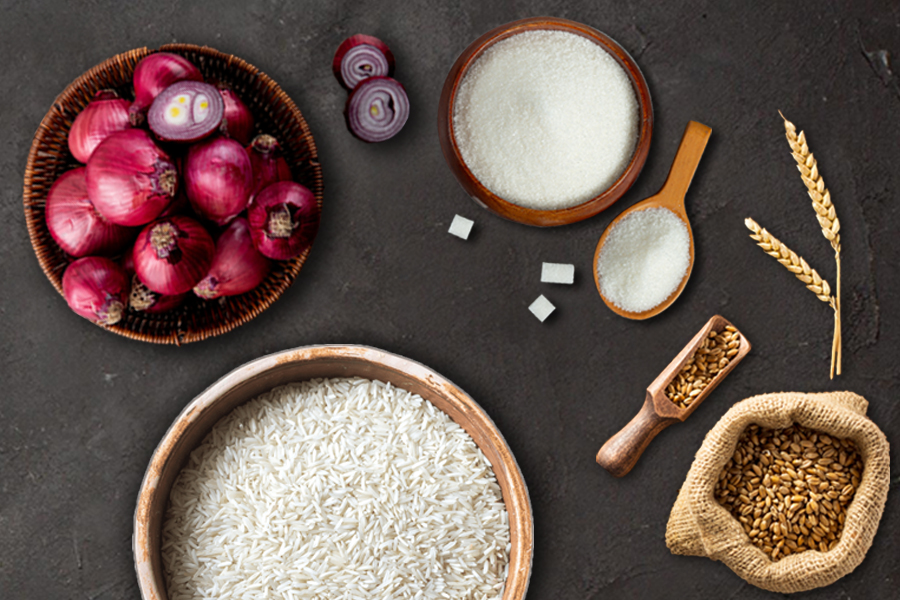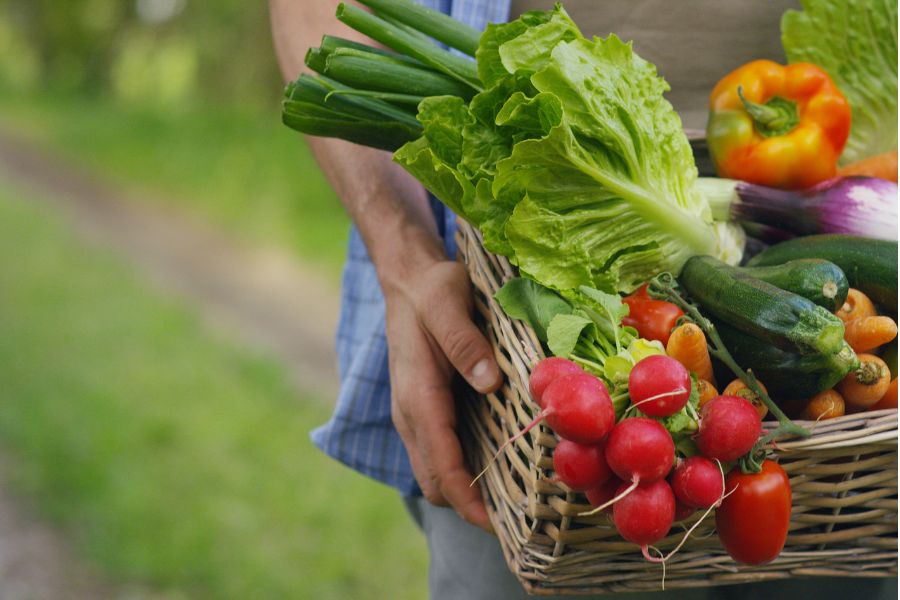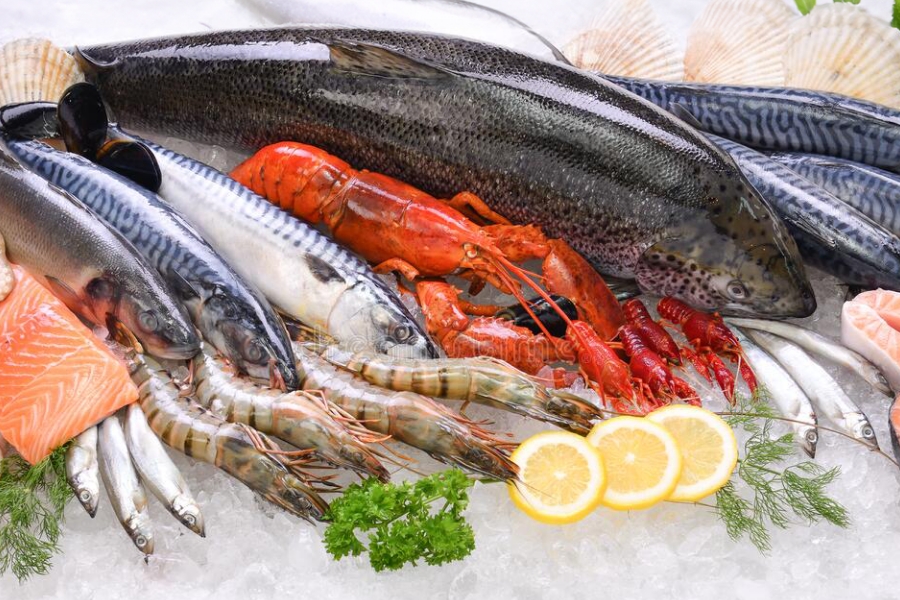India has a highly decentralized horticulture processing industry
Prof. Kushankur Dey, IIM – Lucknow, states that there are several issues faced the horticulture industry as far as value addition or processing is concerned. These relate to a disintegrated supply chain and dearth of pre-cooling facilities, paucity of initiatives that can reduce wastage levels and lack of technology intervention in harnessing the potential of fruits and vegetable processing. He adds that India has a highly decentralized fruit and vegetables processing industry – dominated by MSMEs & unorganized retail trade.

IBT: Currently, where does India stand when it comes to value addition of horticultural products?
Prof. Kushankur Dey: The current level of processing in the horticulture sector stands at mere 2% of total output produced, but the sector presents an immense opportunity to increase the processing levels and boost investment. While food wastage at farm-gate and various supply chain stages was reported about INR 630 billion in 2018–2019, the food processing sector is reported to grow at an Average Annual Growth rate of about 7.4% between the year 2014–2018. The sector constitutes 8.83% and 10.66% of gross value added in manufacturing and agriculture sector, respectively. As per the latest Annual Survey of Industries (2016–2017), the horticulture sector, especially food processing has accounted for 15.95% of the total number of factories, employment to 11.36% of the total workforce, 14.09% of the output, and 16.78% of the operational factories. However, India has less than 1% share in the global market in the export of value added.
IBT: Which fruits and vegetables have the maximum scope for value addition? Which are the markets which offer the maximum export potential for these value-added products?
Prof. Kushankur Dey: The fruit and vegetable processing industry in India is estimated to grow at Compound Annual Growth Rate of 10.8% between 2015–2016 and 2020–2021. India ranks second in fruits and vegetables production in the world after China, and accounts for about 13% and 21% of fruits and vegetables output share in the world. Among the exporting fruits, mangoes, walnuts, grapes, bananas, and pomegranates account for larger proportion exported to European Union and United States of America, while onions, okra, bitter gourd, green chillies, mushrooms, and potatoes contribute a larger share to vegetable export market. In 2016–2017, India exported fruits and vegetables worth USD 1552.26 million which comprised of fruits worth USD 667.51 million and vegetable worth USD 884.75 million.
IBT: What are the issues faced by India’s horticulture industry when it comes to value addition?
Prof. Kushankur Dey: There are several issues faced the horticulture industry as far as value addition or processing is concerned. Some of them are discussed below.
- Disintegrated supply chain and lack of pre-cooling facilities: The most striking issue arises from disintegrated horticulture supply chain in that farm-gate is not adequately integrated with the collection centre. Farmers after harvesting could not avail pre-cooling facility to reduce the moisture level so that perishability of the harvest can be checked, or shelf-life of these produce can be enhanced. Pre-cooling facility coupled with primary processing centre such as grading, and sorting of harvested produce has not been adequately installed on the field.
- Lack of initiatives that can reduce wastage levels including adequate infrastructure like cold chains, processing facilities, research and development for processed food and packaging, innovation in farm preservation systems and skill development related post-harvest infrastructure should receive the due attention of government and industry bodies.
- Lack of technology intervention in harnessing the potential of fruits and vegetable processing, for example, wetlands present the opportunity to grow various horticulture crops such as foxnuts which are created in Southern part of India. Using GIS and satellite images can be explored by understanding the ecology and economy of certain crops.
- Lack of adequate opportunity for product lines and product ranges in the food processing industry, such as the frozen food or IQF, canned, and RTS, etc. due to fragile processing facilities and private investment has not been gained momentum yet. Also, a large part of the fruits and vegetables produced in India often go waste due to lack of opportunities explored in canning, dehydration, pickling, provisional preservation, and bottling.
- Lack of controlled atmospheric storage or modified atmospheric storage conditions regulating relative humidity, temperature of fruits and vegetables leads to wastage of fruits and vegetables at farm gate or during the travel from farm gate to consumption point. Reefer van is important to reduce the food wastage in transit.
IBT: What measures can the industry and government take to resolve them?
Prof. Kushankur Dey: Government has taken a score of measures by devising many Schemes at times. Also, 100% FDI permitted for food processing and 100% FDI under government approval route for trading, including the same through common marketplace with respect to food products manufactured and/or produced in India.
Among the schemes, a few notables are Pradhan Mantri Kisan Sampada Yojana (PMKSY) including scheme for Mega Food Parks, scheme for Cold Chain and Value Addition, scheme for Food Safety and Quality Assurance, Setting up/ Up-gradation of Quality Control/ Food Testing Laboratories, HACCP/. ISO Standards implementation for Food Safety/ Quality Management Systems. However, the utilization or effectiveness of these schemes need to be examined in detail and the gap assessment can help the government to tighten the funding and effective utilization for improvement. Industry body being instrumental in processed food sector, financial assistance for processing up-gradation, and trade expo should be facilitated to promote the sectoral growth and enhance gainful employment.
National Horticulture Board, NHRDF, CFTRI, NIFTEM, and other prominent institutions should invest in R & D of horticulture products and invest in capacity building of producers/ their organizations.
Skill Development
- Assistance for creation of infrastructure facilities for skill training centers, grant-in-aid provided at 50 % of cost of plant & machineries required for training modules. [Subject to maximum of INR 15.00 lakhs ($ 19.71 thousand) per training module, limited to two training modules per training center]
Strengthening of Institutions
- Institutions such as National Institute of Food Technology, Entrepreneurship, and Management (NIFTEM) and Indian Institute of Food Processing Technology (IIFPT) have received a total allocation of INR 175.00 crores ($ 23.17 Mn) during the period of the scheme.
Operation Greens
Price Stabilization Measure Grant
50 % of the subsidy on the following components through NAFED:
- Transportation of Tomato, Onion, Potato (TOP) crops from production to storage
- Hiring of appropriate storage facilities for TOP crops.
- Integrated value chain development projects
Grant
- 50% of the eligible project cost in all areas, subject to a maximum of INR 50 Crores ($ 6.62 Mn) per project, When PIA is/are FPOs and SC/ST, the grant in aid will be at the rate of 70 % of the eligible project cost in all areas, subject to maximum of INR 50 Crores ($ 6.62 Mn) per project.
IBT: What international best practices can India learn to boost its horticultural value-added products?
Prof. Kushankur Dey: To do so, India needs to ensure process, functional and channel upgradation. Process upgrading is an increase in production efficiency, resulting in either greater output for the same level of inputs or the same level of output from fewer inputs. It is a qualitative improvement that makes the product more desirable to consumers.
Functional upgrading is the entry of a firm into a new, higher value-added level in the value chain. Channel upgrading is the entry of a firm into a pathway that leads to a new, higher value-added end market in the value chain.
IBT: In which horticultural products has India achieved some degree of success in value addition?
Prof. Kushankur Dey: With large capacities, India has a highly decentralized fruit and vegetables processing industry – mostly dominated by the MSME and unorganized retail trade. However, India has seen some degree of success for bananas, pomegranates, Alphonso mangoes, and grapes among other fruits, and ginger, okra, gherkin, potatoes, tomatoes, and onions among vegetables as far as value addition and exporting are concerned.
Kushankur Dey is Assistant Professor and Chairman at the Centre for Food & Agri-business Management of IIM Lucknow. Before joining IIM, Lucknow, he has served on the faculty of IIM Bodh Gaya, Xavier University Bhubaneswar (formerly XIMB Rural Management), and T. A. Pai Management Institute for more than 5 years. He is a Post-Doctoral Fellow of the Centre for Management in Agriculture, Indian Institute of Management, Ahmedabad and holds Doctorate (Fellow in Rural Management) from Institute of Rural Management, Anand.
Dey is a recipient of Reserve Bank of India Chair-Unit Fellowship at IRMA (2007-12) and Indian Council of Agricultural Research conferred Junior Research Fellowship (2003-05) to pursue Fellow (Doctoral) and Post-graduate degree programs, respectively. He has 15 peer-reviewed journals (ranked in ABDC/ABS) articles, 45 odd Op-Eds (published in the Hindu Business Line, Financial Express), and a few teaching cases to his credit.
His research articles have appeared in the Journal of Behavioural and Experimental Finance, Journal of Rural Studies, Economic and Political Weekly, Journal of Agribusiness in Developing and Emerging Economies, International Journal of Financial Markets and Derivatives, International Journal of Trade and Global Markets, to name a few.
Views expressed are purely of the individual and do not reflect the views of the organisation he represents.













Leave a comment